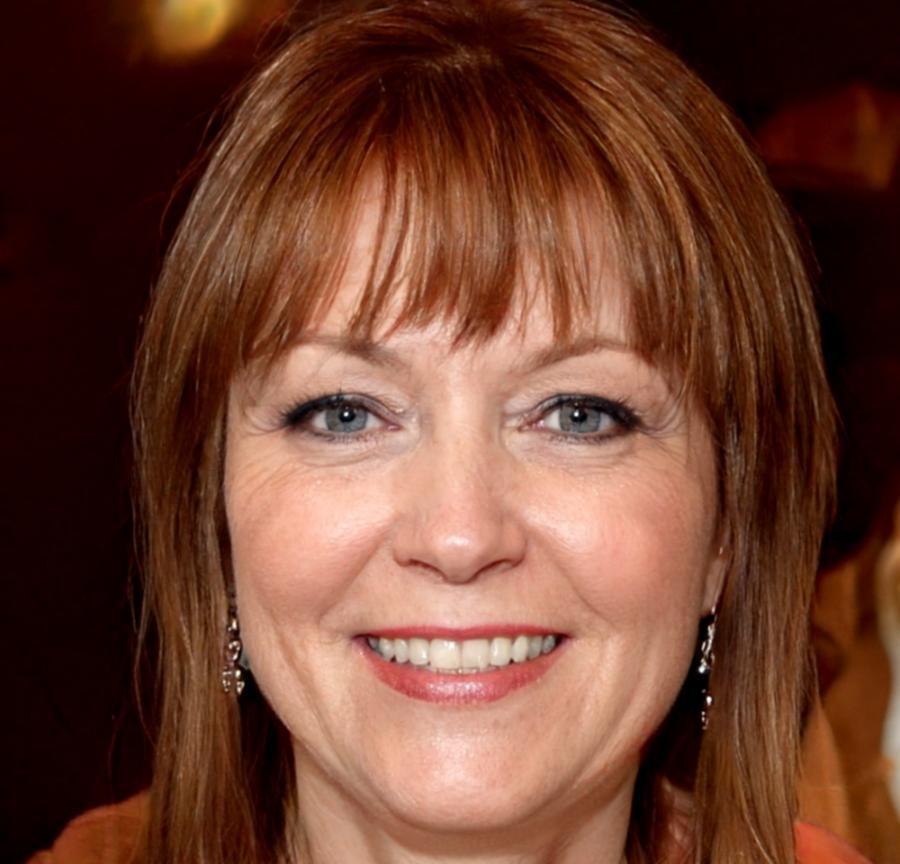Master Your Money Without the Stress
Running a household or small business in Australia means dealing with real financial pressures. Rising costs, unexpected expenses, and the constant worry about making ends meet.
Our six-month program teaches practical budget management that actually works. You'll learn from people who've helped hundreds of Australians cut unnecessary spending and build genuine financial breathing room.
Starting September 2026, we're running small groups so you get proper attention. No massive lectures, no generic advice that doesn't fit your situation.
Get Program Details
What You'll Actually Learn
Six months of focused work on your specific financial situation. Each module builds on real scenarios—not textbook examples.
Understanding Where Money Goes
Most people have no idea what they spend until they track it. We show you how to map your actual spending patterns.
- Setting up tracking systems that don't require hours of data entry
- Spotting the hidden costs that drain accounts
- Creating categories that reflect your real life
- Tools that sync with Australian banking systems
Making Strategic Cuts
Cutting spending isn't about deprivation. It's about finding what doesn't serve you anymore and redirecting that money.
- Identifying subscription creep and recurring charges
- Negotiating better rates on utilities and services
- Reducing grocery costs without living on pasta
- Making transportation work for your budget
Building Emergency Reserves
Financial stability starts with having a cushion. Even a small one changes how you handle unexpected costs.
- Starting with achievable savings targets
- Automating transfers so you don't forget
- Choosing the right type of savings account
- Protecting reserves from impulse withdrawals
Managing Debt Effectively
Debt doesn't disappear by ignoring it. We work through strategies that reduce what you owe without making life miserable.
- Prioritizing debts by interest rates and terms
- Consolidation options that actually help
- Communicating with creditors about payment plans
- Avoiding new debt while paying off existing balances
Planning for Variable Income
Freelancers, casual workers, and small business owners face unique challenges. Your budget needs to flex with income changes.
- Creating baseline budgets for minimum income months
- Setting aside tax obligations before spending
- Managing cash flow gaps between payments
- Building buffers during higher income periods
Maintaining Long-Term Habits
The hardest part isn't starting—it's keeping going when motivation fades. We focus on systems that stick.
- Monthly review processes that take under 30 minutes
- Adjusting budgets as life circumstances change
- Recognizing and recovering from setbacks
- Teaching family members to participate in financial planning
Who's Teaching This
Three financial educators who've worked with everyday Australians facing real money challenges. They don't come from investment banking—they come from community financial counselling and small business support.

Siobhan Katsaros
Budget Strategy Lead
Spent eight years as a financial counsellor in western Sydney helping families navigate debt and housing stress. She knows what works when money's tight because she's been in those conversations hundreds of times.

Petra Vogelsang
Small Business Finance
Ran her own consulting practice for twelve years before transitioning to education. She understands variable income and seasonal cash flow from personal experience, not theory.

Anneli Bergström
Behavioural Finance Specialist
Worked in community banking before studying the psychology of spending decisions. She helps people understand why they make financial choices and how to change patterns that aren't working.